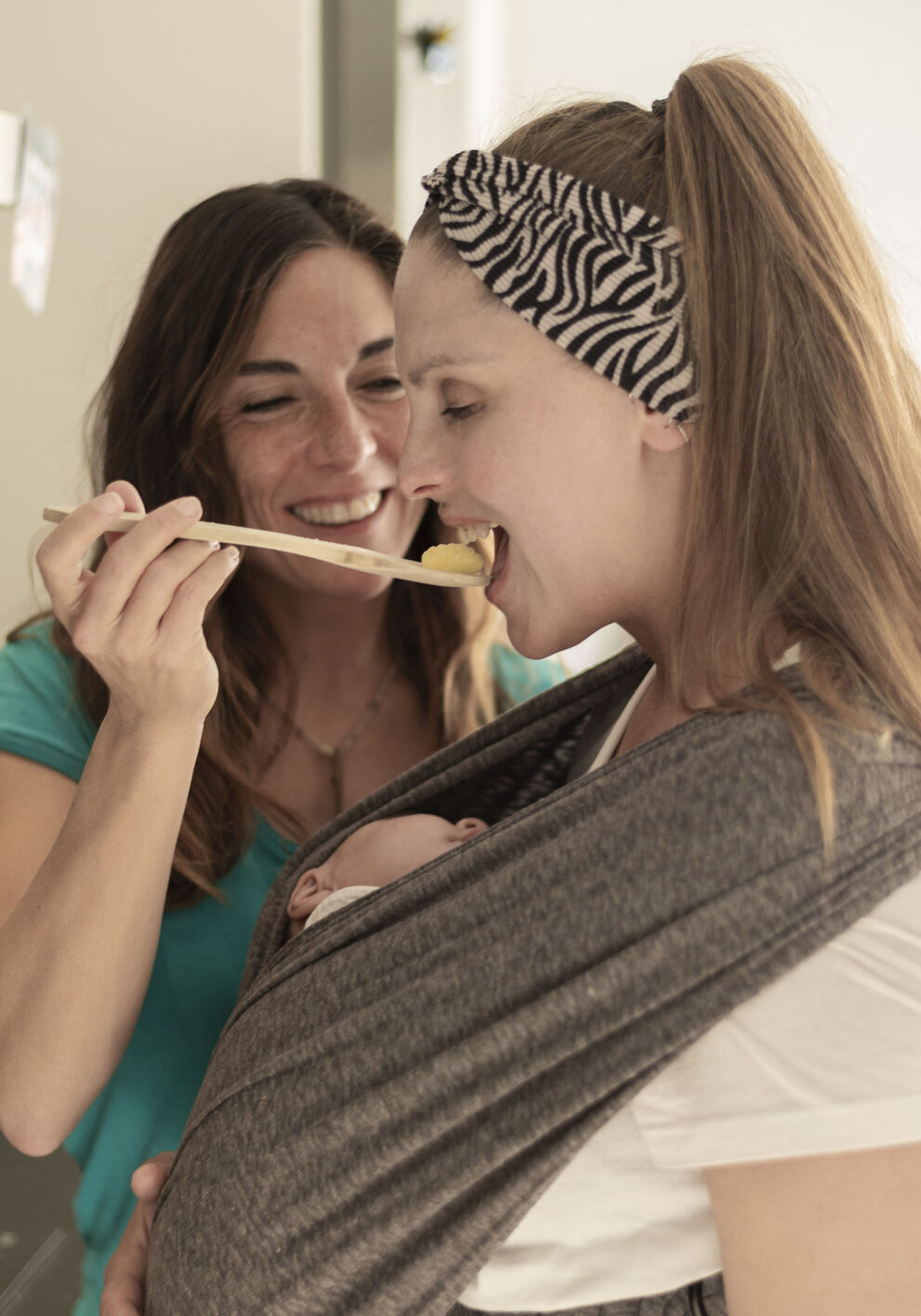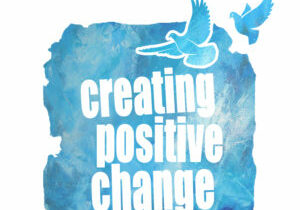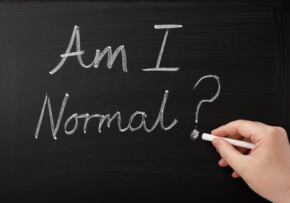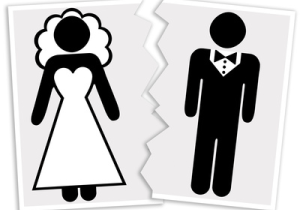"When we find ourselves unhappy or unfulfilled in our relationship, we conclude that we may have married the wrong person.
In most marriages, this is simply not true! Instead we are lacking the skills needed to create lasting love."
How Do Marriages Get Off Track?
Where did it all go wrong? We usually get married with the intention of "Happily Ever After". However, most of us do not know how to create that happy ending. Also, we usually have the wrong idea about about what marriage is supposed to be like. In television shows and in movies, we often see examples of couples falling in love, realizing that they are "soul mates", and living happily ever after because they are simply "perfect" for each other. This is not reality.
This fantasy view of relationships has perpetuated the myth that something is wrong when marriage is difficult. When we find ourselves unhappy or unfulfilled in our relationship, we conclude that we may have married the wrong person. In most marriage, this is simply not true! Instead, most of us do not understand our spouses very well and we mis-interpret their words and behaviors. And the hardest reality to accept, is that many of us also do not know how to be good spouses. Often, we are doing our best, but without a good understanding of the skills needed to create a loving relationship, we are missing the mark.


How to Succeed in Marriage Counseling
I wrote an article for GoodTherapy.org titled "3 Keys to Marital Counseling Success". You can read the entire article here. But in a nutshell, to succeed in marital therapy, it is important for you to:
Be patient.
Understand that the process takes time. So, don't give up too soon! It took years to create your relationship dynamic, so it will take at least a few months to begin changing it in a way that will last.
Work on it and keep an open mind.
Participate actively in the therapy sessions and be open to trying new approaches in your relationship in between sessions.
Focus on You.
While it’s important to inform your therapist of issues and behaviors you find problematic or challenging with your spouse, try to spend the majority of your time in counseling learning what you can do differently to improve your communication.

Types of Marriage Counseling and Couples Therapy
Exploring the Four Main Types of Marriage Counseling: A Path to Lasting Connection
In the intricate dance of love and companionship, couples often find themselves navigating through rough patches and unforeseen challenges. This journey, while amazing in its own right, can sometimes benefit from a guiding hand that sheds light on the path ahead. This is where the world of couples counseling, with its diverse methodologies, steps in to assist couples in unraveling the secrets to a harmonious and enduring relationship. There are four main types of marriage counseling that can help you and your partner discover new ways to create a strong and lasting connection.
- Emotionally Focused Couples Therapy (EFT): Imagine a space where you and your partner can openly express your deepest emotions, fostering an environment of safety and understanding. That's precisely what Emotionally Focused Couples Therapy (EFT) aims to create. EFT operates on the principle that relationships are built on emotional bonds, and disruptions in these bonds can lead to conflicts. A skilled couples counselor utilizing EFT helps partners identify and express their emotional needs, ultimately fostering a more secure attachment. By delving into the underlying emotional currents, couples discover new avenues of connection and mutual support. Through EFT, couples can rebuild trust and intimacy, nurturing a bond that stands strong even in the face of challenges.
- Gottman Method Marriage Counseling: Picture this: a secret formula that can unlock the mysteries of a successful relationship. The Gottman Method, developed by Drs. John and Julie Gottman, is often hailed as a remarkable approach to couples counseling. Based on decades of research, this method focuses on identifying relationship patterns, both positive and negative, and equips couples with the tools to enhance their communication and understanding. Through the Gottman Method, couples counselors help partners explore their deepest aspirations, fears, and dreams, fostering empathy and connection. The method's emphasis on nurturing fondness and admiration for one another can transform seemingly insurmountable conflicts into opportunities for growth and unity.
- Imago Therapy: Picture a canvas where every brushstroke contributes to a beautiful masterpiece – that's the essence of Imago Therapy. This approach to couples counseling believes that we subconsciously choose partners who reflect both the positive and negative traits of our primary caregivers. Imago Therapy helps couples identify these patterns and, rather than seeing them as obstacles, view them as opportunities for healing and growth. Through guided dialogues and exercises, couples discover the root of their conflicts and create a deeper understanding of each other's needs. The amazing aspect of Imago Therapy is its ability to turn differences into bridges, fostering a sense of mutual support and partnership that paves the way for lasting change.
- Faith-Based Marriage Counseling: For many, faith serves as a foundation that guides their values and beliefs. Faith-Based Marriage Counseling acknowledges the significance of spirituality in relationships and integrates it into the therapeutic process. Couples counselors in this approach work with partners to align their shared spiritual values, using them as a compass to navigate challenges and decisions. Whether rooted in Christianity, Islam, Judaism, or other traditions, faith-based couples counseling provides a unique framework for couples to explore their individual and collective journeys. The beauty of this approach lies in its ability to instill a sense of purpose and higher connection, creating a strong marital bond that transcends the mundane.

























